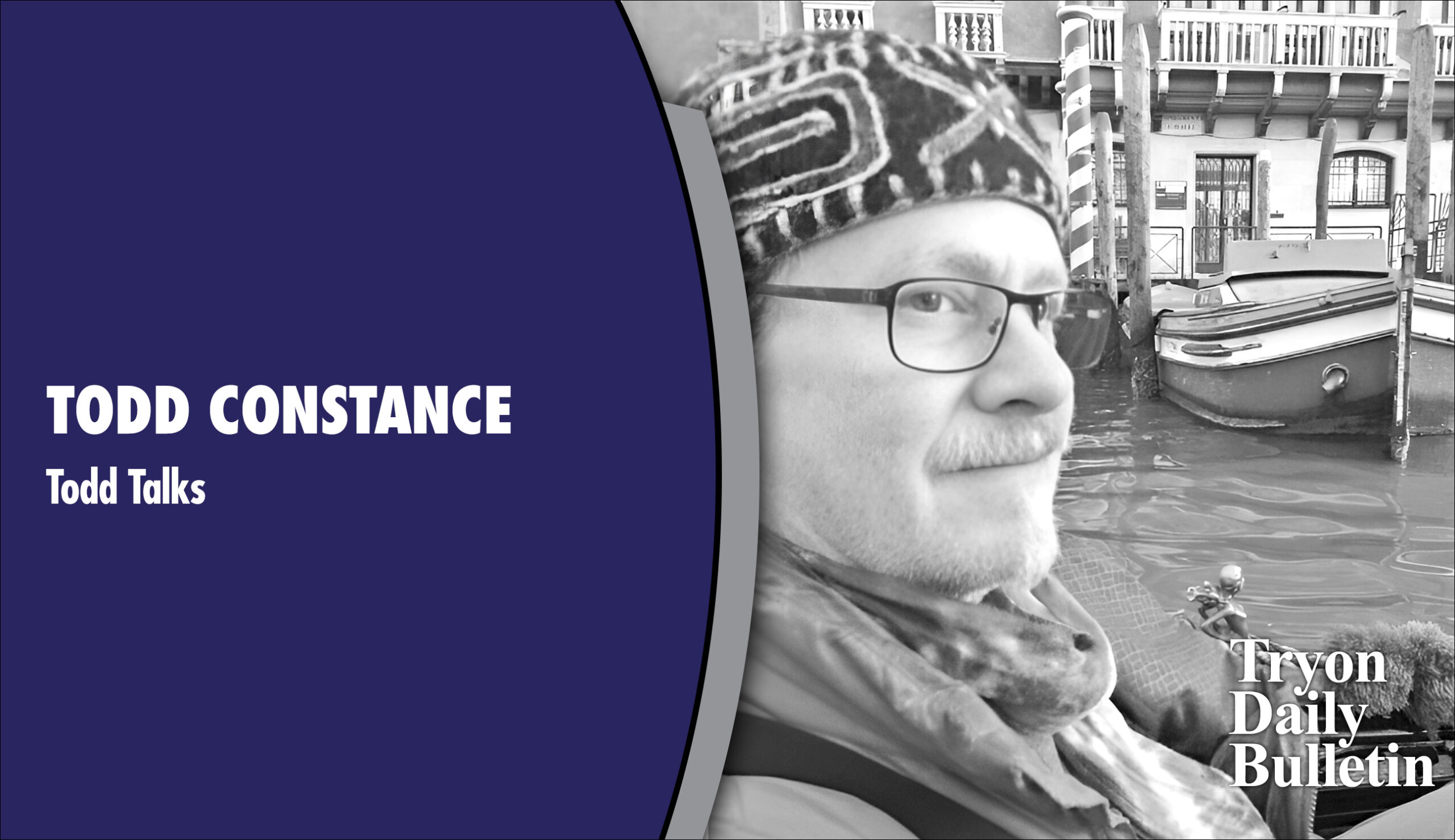Senior Lifestyles: The impact loneliness, isolation have on our brains
Published 8:00 am Tuesday, October 9, 2018
In his hit song “Only The Lonely (Know How I Feel),” legendary crooner Roy Orbison hits close to home regarding the heartache of being and feeling alone: “Only the lonely know the way I feel tonight…only the lonely know this feeling ain’t right.”
Yes, it’s true — feeling alone is no fun. But the fact remains that many seniors spend much their lives lonely and isolated from the outside world.
Sure, everyone enjoys a little alone time. However, for too many seniors, remaining isolated does more than diminish joie de vivre (joy of live). It can actually increase the risk of disease — and may even precipitate an early death.
Trending
Surprisingly, in a world as busy and often crowded with people everywhere we go, a 2010 Harvard Health study found, “…that 35 percent of American adults aged 45 and older felt lonely.” Sadly, those feelings of loneliness and isolation tend to increase over time, and many of the study group said “…they had fewer friends at the time the survey was done than five years earlier.
Loneliness is more than just a feeling — it’s a condition that affects the body, and social isolation actually impacts the way our brains function. A study done in the UK found that, “…hundreds of thousands of people had not spoken to a friend or relative in a month.”
That’s an amazing amount of disconnection and silence, and because we humans are social creatures, Dr. Bullock, who conducted the UK survey, found that a breakdown in human connections creates health risks that can impact every part of our bodies and can manifest itself in several ways including:
• Increased risk of cardiovascular disease
• Decreased cognitive and executive function
• A 26 percent increase in the risk of premature death from all causes
Trending
• Decrease in the quality of sleep
• Increased chronic inflammation, which is linked to the risk of cognitive impairment
• Decreased immune function, leading to vulnerability to many types of disease
• Increased depressive symptoms
• Increased fearfulness of social situations that can lead in some cases to paranoia
• Increased severity of strokes
• An overall decrease in the subjective sense of well-being
Having stated the problem and its associated risks, the obvious question is what to do to overcome isolation. Here are six steps that you can take for yourself or someone in need of socialization:
Get moving
The longer someone has felt lonely, the more difficult it can be to do something as simple as smiling and saying hello. Connecting with other people is essential to alleviating a sense of isolation.
Take the chance
and reach out
Telling ourselves we have nothing in common with others almost guarantees loneliness will continue. Try reaching out to someone, because doing that may lead you to a connection that will make you feel less alone.
Get out of your own way
One major consequence of isolation is that we think too much about our personal problems. While challenging, understanding that you’re not alone and thinking about others, followed by reaching out to them, can help lighten our own loneliness.
Find a hobby
Doing nothing can lead to total inertia. Take the advice that Nike suggests to all of us, “Just Do It.” Do something that interests you, but get involved.
Show up
As Woody Allen said, “80 percent of success is showing up.” Be open to accepting an invitation to try something new, meet for coffee or go to lunch. Break the inertia.
Stimulate your brain
Active brains are more likely to be happy, healthy brains, so whether it’s crossword or jigsaw puzzles or Sudoku, to taking an art class or going to lectures at a community college, like your body, your brain also needs exercise.
It seems so simple that to fight loneliness and isolation, just change what you’re doing and find a way to mainstream yourself back into activities that involve others and make you happy in doing so.
Ron Kauffman is a consultant and expert speaker on issues of aging. He is the author of “Caring for a Loved One with Alzheimer’s Disease.” He may be contacted at 828-696-9799 or at drron561@gmail.com.





